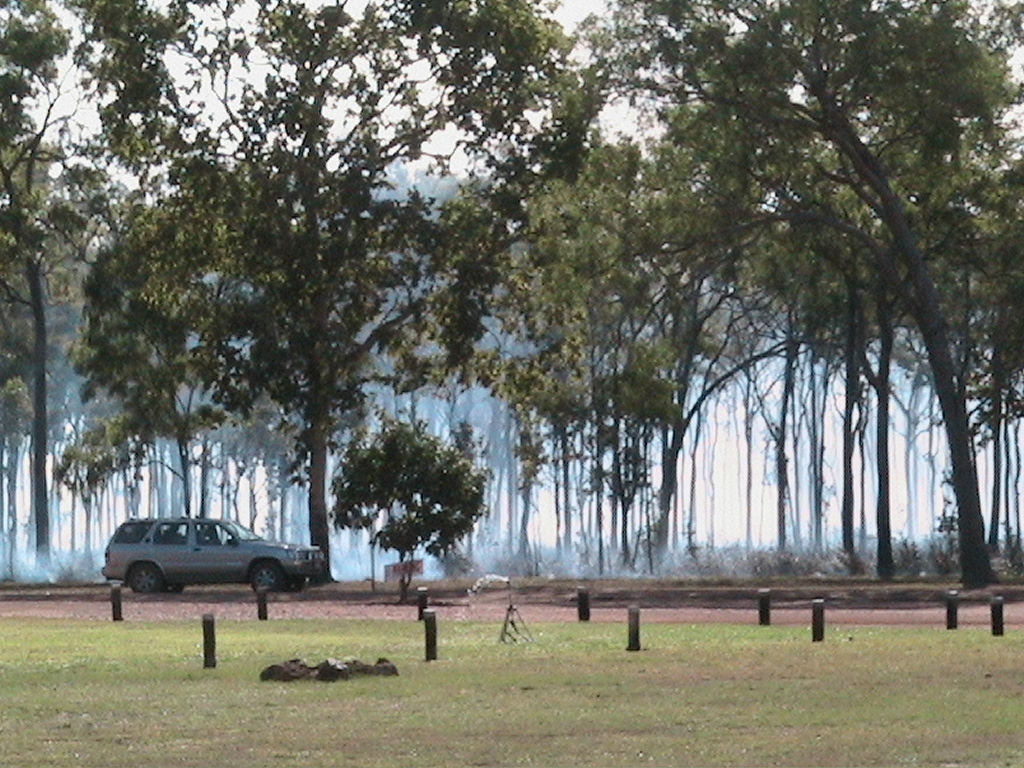The Buffel Grass Debate: Should Australia Classify This Invasive Species as a Weed of National Importance?
Australia is currently grappling with the implications of buffel grass, an invasive species that has sparked considerable debate among environmentalists, farmers, and policymakers. The crux of the matter: should this resilient grass be officially designated as a weed of national significance?
Buffel grass, initially introduced for pasture improvement and erosion control, has been celebrated for its ability to enhance livestock production in arid regions. However, its rapid expansion has raised alarms regarding its ecological impact. When left unchecked, this species can outcompete native flora, altering habitats and threatening biodiversity.
Proponents of classifying buffel grass as a weed of national significance argue that such a designation would underscore its potential to cause widespread environmental damage. By promoting acknowledgment of its invasive nature, it could galvanize efforts toward effective management strategies that protect Australia’s unique ecosystems.
On the other hand, opponents of this classification highlight the grass’s utility in agricultural settings. They contend that buffel grass plays a pivotal role in supporting the livestock industry while providing essential ground cover in regions prone to land degradation. Labeling it a significant weed may inadvertently stifle agricultural practices that rely on this species.
As discussions unfold, it is crucial to consider both sides of the argument. The balance between agricultural benefits and ecological preservation must be delicately navigated. Engaging in comprehensive research and inclusive dialogue among stakeholders will be key to forming a sustainable approach to buffel grass management.
In summary, the question remains: should buffel grass be recognized as a weed of national significance? This ongoing debate highlights the complexities of environmental management and the need for thoughtful solutions that accommodate both agricultural needs and ecological integrity. The path forward will require collaboration, compromise, and a commitment to sustaining Australia’s diverse landscapes for future generations.



